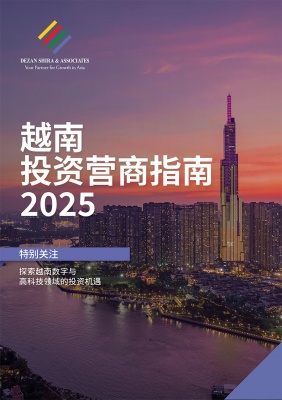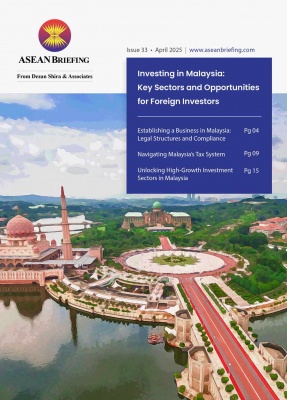
Our collection of resources based on what we have learned on the ground
China's 4th Plenum: Takeaways for Businesses
Q&AWith the highly secretive Fourth Plenum recently concluded in Beijing, China, we sat down with our International Business Advisory Manager in Beijing, Kyle Freeman, to get some insight on what happens behind those closed doors and what key takeaways there are for businesses.
What is the 4th Plenum?
Plenums play an important role in shaping and deciding policy in China. They are the party’s most important internal meetings outside of the party congresses.
The party congress is held once every 5 years, while plenums are held at least once a year. This is the fourth plenum held since the 19th Party Congress in late 2017.
While always an important event, the Fourth Plenum was subject to extra scrutiny because of the 20-month gap since the Third Plenum – the longest time lapse between successive plenums in 40 years.
A range of issues are discussed at plenums and the focus of each plenum depends on which number plenum it is, the time of year it is held, and important external events that might occur.
This plenum was focused on the party and governance, with the theme being “important issues concerning how to uphold and improve the socialist system with Chinese characteristics and make progress in modernizing the country’s governance system and capacity”.
What were the results for the 4th Plenum?
Plenums are not open to the public, so what we know about the results are communicated via a press conference held after the plenum and the official communiqué. Neither the press conference nor communiqué suggested any of the significant policy shifts that we have seen in previous years, this year, but are insightful in discerning the direction of the party’s policy.
What are the important takeaways from the 4th Plenum for businesses?
Typically, the third plenum focuses on the economy. Notably, the 3rd plenum in 1978 introduced the beginning of the reform and opening up policy, and the third plenum in 2013 announced ambitious market-based reforms, of which many have still not taken form.
It was hoped this fourth plenum would focus on economic content since the previous 3rd plenum focused on legislative issues – this was not the case. The brief discussion of the economic development in official communiqué did not signal any significant policy shifts.
This plenum largely reiterated previous talking points that represent somewhat of an dichotomy in economic policy – China will gradually open markets and let the market allocate resources, but the government will continue to protect or increase the role of state-owned entities (SOEs) and intervention in the economy.
As these policies are closely linked to the current US-China trade negotiations, we’ll likely need to wait until the convening of China’s legislature in the spring or potential progress in negotiations before we have more direction and details about this.
< BACK TO LIBRARY
Subscribe to receive latest insights directly to your inbox
Subscribe NowOur Clients
Discover our esteemed global clients across diverse sectors. We believe in providing our clients with exceptional service and a commitment to being their partner for growth in Asia.
See what our clients say about us































